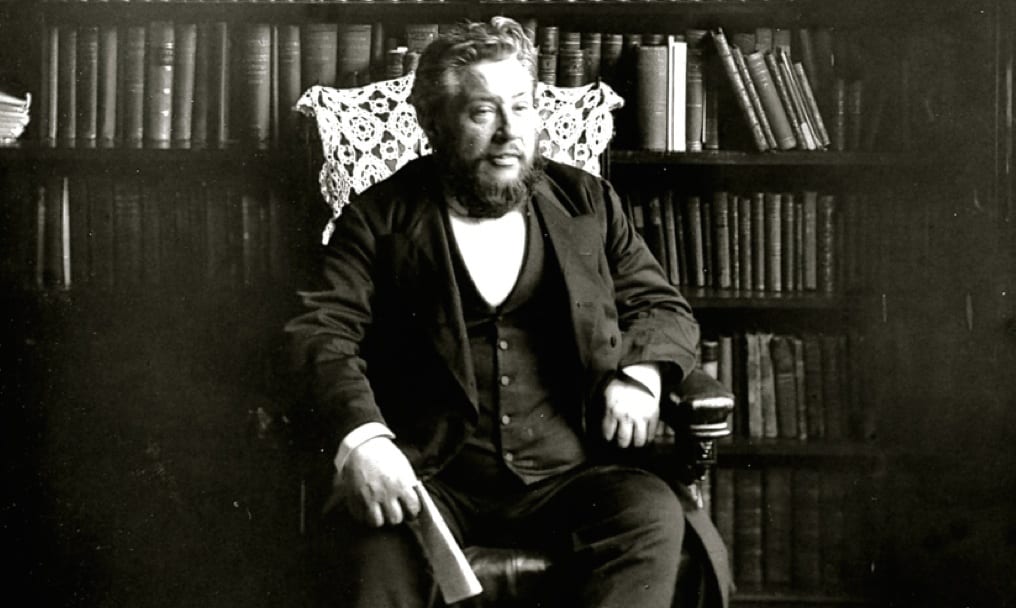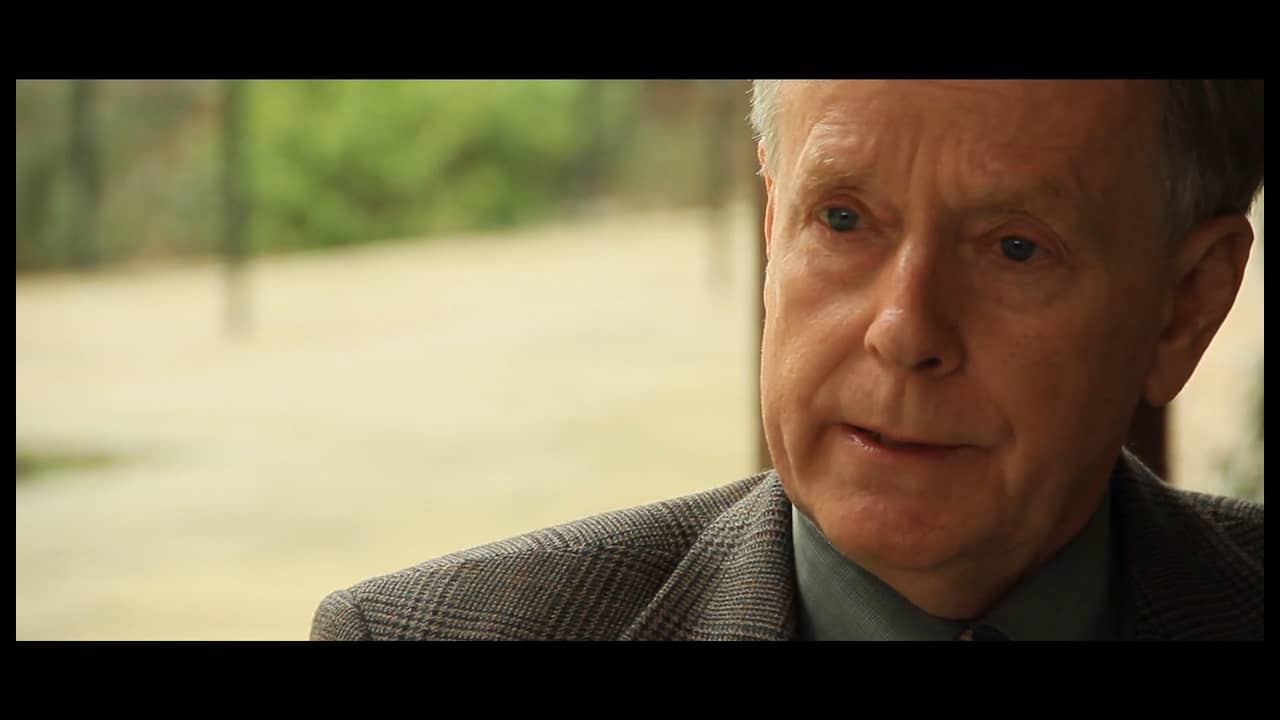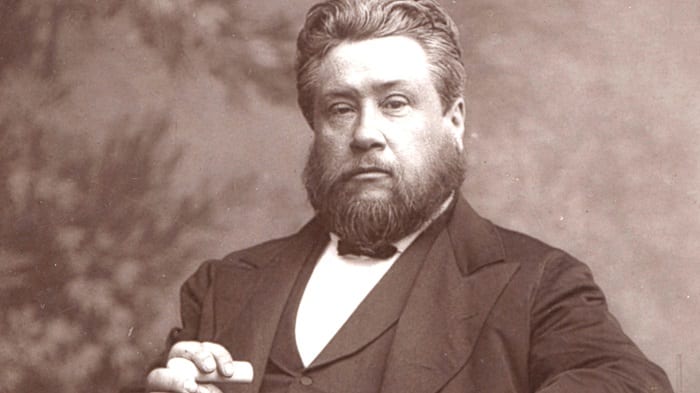Depression
Leadership is Fighting Against Fear of Man
The issue of “fear of man” became my main focus rather than “fear of God” (Prov 1:7). In other words, as Ed Welch said it well, people became big, and God became small.
The Story of Shame & Suicide Monster
As Christians, suicide is seen in a very different light. Shikishima’s belief is tied to his behavior, and he says, “That monster (Godzilla) will never forgive us”
Pastoring is Weird
Pastoring is not just weird, pastoring is hard. Statistics show that 85% of seminary graduates who enter ministry will leave ministry in the first 5 years.
Forceful Termination of Pastors
The number of ministers across denominational lines that either have or will experience forced termination is 1/3.
Episode 33: Pride vs. Humility in Leadership
What do you do when you find “pride” in your pastor? How would you feel when you find out your “lead pastor” is maybe a control freak?
Pharisaical Heart of an Abusive Leader
The sad reality is that these sorts of conversations I have as a pastor and as a biblical counselor are quite common.
Episode 31: Church Hurt
Don’t want to be stuck in past circumstances, that influences the present moments, which unbales you to move towards the future opportunities.
Oxymoron of a Bitter Unforgiving Christian
One of the greatest sins in the church may be a lack of forgiveness, which stems from pride, and it stems from not preaching the gospel to ourselves.
The Reality of Loneliness in Ministry
Nobody ever told me how painful it is where people whom you trust turn around and betray your friendship.
Christ, the Anthem! Our Mighty Fortress
Luther’s most famous hymn is “A Mighty Fortress Is Our God” written in 1529. Based on Psalm 46, it reflects Luther’s awareness of our intense struggle with spiritual warfare.
10 Quotes on Spurgeon’s Sorrows
There is much we can learn from Spurgeon’s life and how he faced depression yet had unshakable hope that is found in Christ alone.
How Should Christians Respond to a Worldwide Crisis?
How should Christians respond to this worldwide crisis? How should we biblically think in this fallen world that strikes panic and fear of our life, family, and churches?
Episode 10: Is Anxiety Sin? How Should Christians Respond?
The longer I’m in ministry, it seems like anxiety seems to be more prevalent in ministry. How could we deal with our anxiety? Where does anxiety come from?
20 Quotes by David Powlison on Biblical Counseling
Powlison’s wisdom and his love for the Word transformed every way I approach pastoral care and counseling.
15 Words of Comfort for Those Walking Through Pain/Suffering
Pain and suffering are inevitable in this broken sin-tainted world. The question is, “What could I or should I say in those situations?”
How the Church Should Respond to Parents with Rebellious Teens
The threats upon the family are implausible. The question we as Christians must ask is this: “What should be the response of the church?”
10 Best Counseling Quotes by Biblical Counselors
The heart of the matter is to whom/what is worship given and how does one’s life exert what one truly value?
Letter to the Anxious Christian
How can we continue on with faith in the life of anxiety when things seem uncertain? What are some ways to trust in our God in the midst of the storm?
Spiritual Abuse in the Church
Dietrich Bonhoeffer even said it well, “Silence in the face of evil is itself evil: God will not hold us guiltless. Not to speak is to speak. Not to act is to act.”
Toxic Leader: The Bully Shepherd and Wounded Sheep
The word “toxic” comes from the German “toxikon” which means “arrow poison”. In a literal sense, the term in its original form thus means to kill (poison) in a targeted way (arrow).
The Loneliness of Suffering
What if the church was a city of refuge and beacon of hope that people run to rather than run from for fear of criticism?
Depression & Breakdown: Spurgeon’s Comforting words to Wounded Souls
“Men will never be great in theology until they are great in suffering.” – Charles H. Spurgeon






















